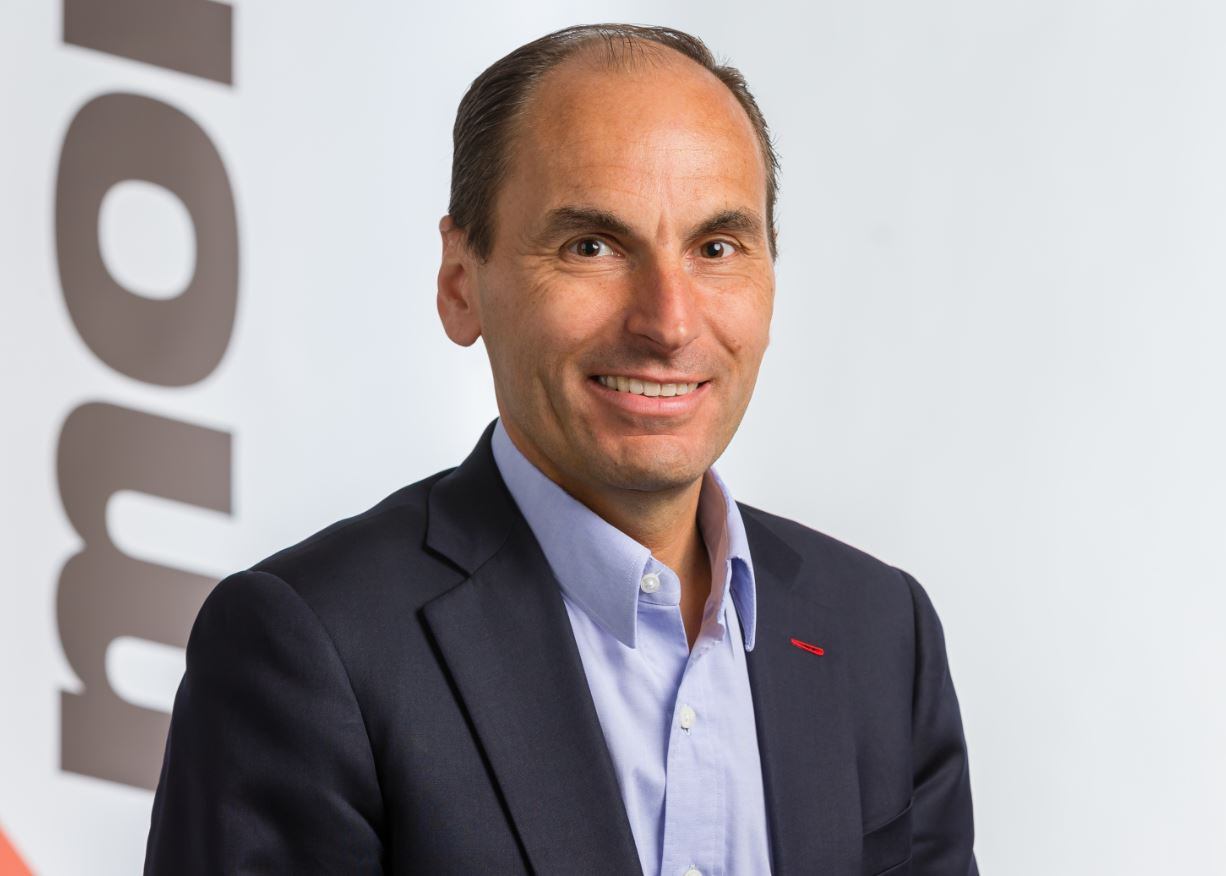The British supermarket chain Iceland, for example, announced that its store-brand frozen foods will be sold in plastic-free packaging within five years.
Lifecycle analysis

These are laudable intentions. They signal a shift in attitude to support sustainable packaging that is good for the environment and good for business.
In our own operations, we have a plan that leverages a range of opportunities for saving and recovering energy and raw materials, and we are eager to work with food and retail customers to realise this vision.
But we have an additional message: As a society we need to look at the total environmental footprint (lifecycle analysis) of producing, packaging, transporting, and selling food and other products.
Sustainable use of flexible plastic packaging has a role in reducing negative impacts on the environment.
For instance, we can all use a circular economy model to benefit the environment and business. That is why we are an engaged member of the World Business Council for Sustainable Development (WBCSD), and an active partner in the Ellen MacArthur Foundation’s New Plastics Economy Initiative – a three-year collaboration to develop recyclable, profitable packaging solutions for high-volume production.
We are also a founding member of the CEFLEX project (Circular Economy for Flexible Packaging), which works to increase resource efficiency, reduce waste, and boost collection rates in all European countries.
Downgauging & lightweighting
R&D experts are pushing the technical boundaries in both paper packaging and flexible plastic packaging every day. We’ve made great progress in downgauging and lightweighting, which reduces energy and material inputs, as well as bulk.
At Mondi, for example, we offer designed-for-recycling monomaterial solutions that already qualify for existing recycling streams; bio-based, aluminum-free packaging for the food industry; and laminates made from recycled plastics for home and personal care.
We are well under way on a journey that began long before the Chinese ban, and which will continue until all participants in the plastics value chain – resin producers, converters, FMCGs, end users and recyclers – are working together to produce, use, re-use and recycle plastics in a more sustainable manner.
We support all companies and organizations who are lending their momentum to this journey.
Georg Kasperkovitz is the CEO of Mondi Consumer Packaging.
